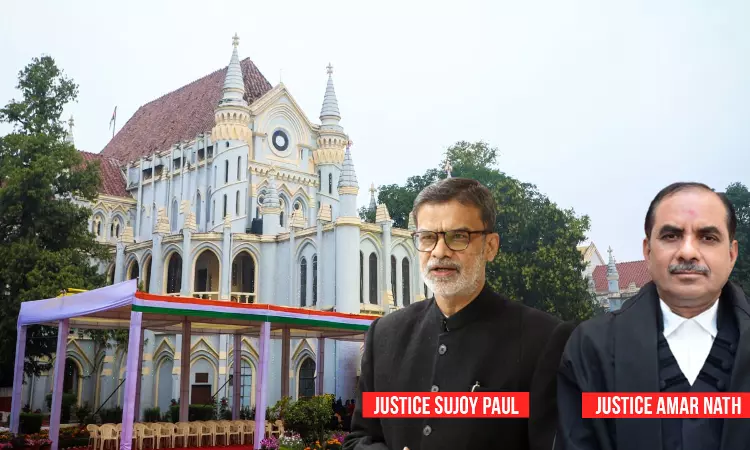Madhya Pradesh High Court Commutes Death Sentence Awarded To A Man Who Raped & Murdered An 80-Year-Old Woman
Sparsh Upadhyay
6 May 2023 12:56 PM IST

Next Story
6 May 2023 12:56 PM IST
On Wednesday, the Madhya Pradesh High Court commuted the death sentence of a 25-year-old man accused of rape and murder of an 80-year-old woman, considering his age, no criminal record and the fact that the act of sexual assault was done in spontaneity and the same was not the outcome of any premeditation."In the facts and circumstances of this case, we deem it proper to follow the same...
